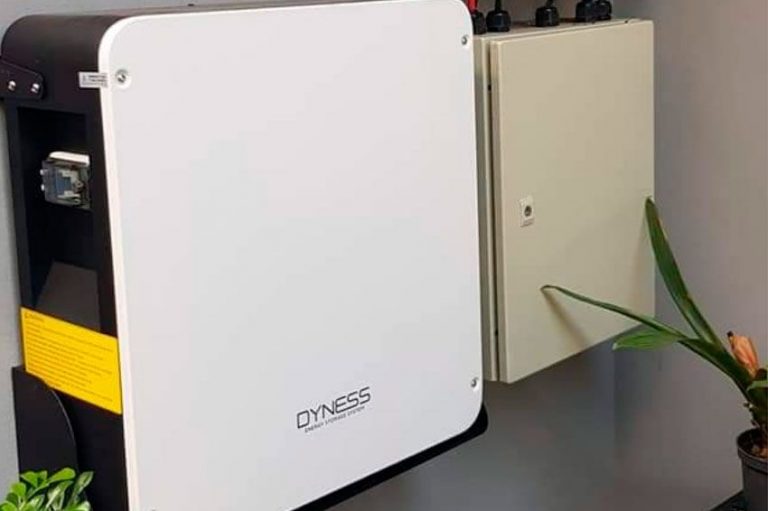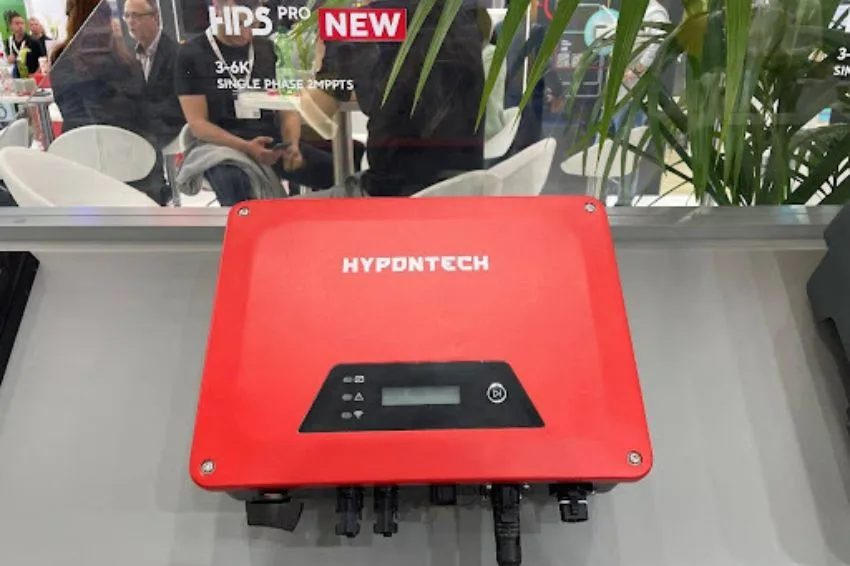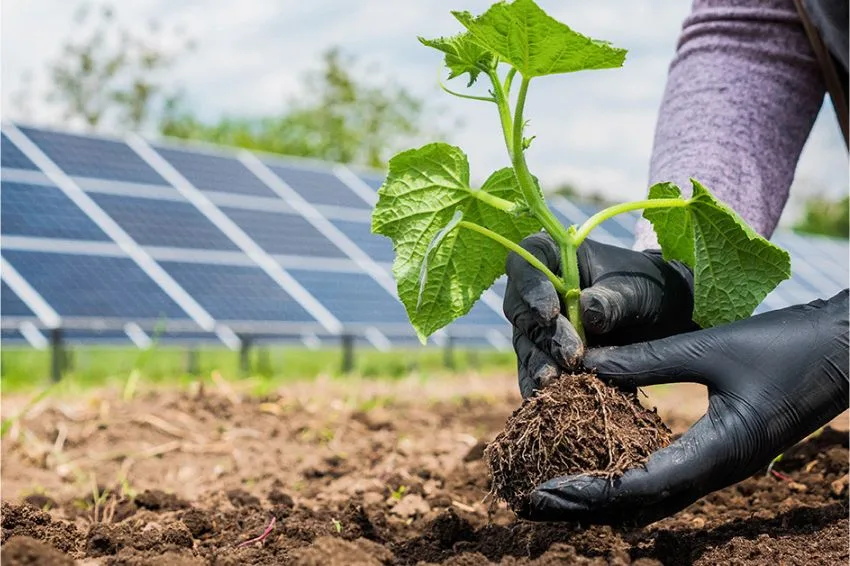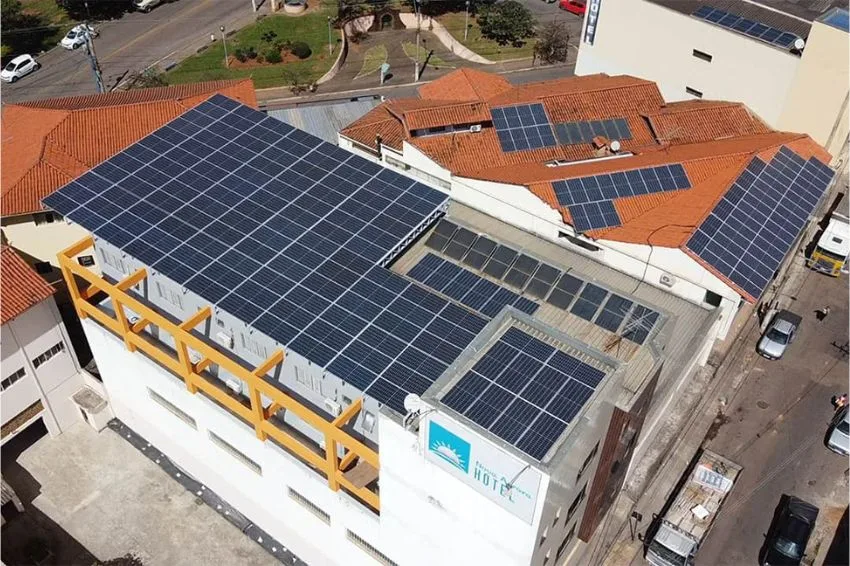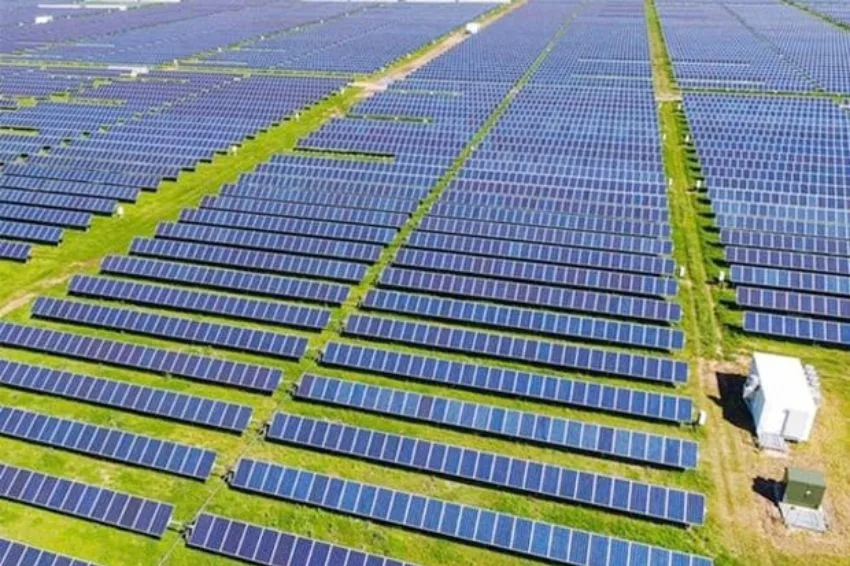A global lithium-ion battery capacity could increase more than five times and reach 5,500 GWh between 2021 and 2030, points out study carried out by Wood Mackenzie, a global research and consultancy company. According to the company, this increase is due to the growth in demand for the product.
Also according to the study, the Asia-Pacific region, led by China, was responsible for 90% of global battery manufacturing in 2021. By the end of the decade, it is estimated that the region will have its share reduced to 69%.
In turn, Europe, which is on track to overtake North America by 2022, will account for more than 20% of global capacity by 2030 through rapid expansion.
Jiayue Zheng, consultant at Wood Mackenzie, analyzes that this increase has been driven by the expansion of electric vehicles in the face of the rise in fossil fuels.
“The electric vehicle market accounts for almost 80% of the demand for lithium batteries. High oil prices are helping more markets implement zero-emission transportation policies, causing demand for lithium-ion batteries to skyrocket and surpass 3,000 GWh by 2030,” he commented.
He also warns that the lithium-ion battery market already faced shortages last year due to the increase in demand in the electric vehicle market and the increase in raw material prices. “In our base case, we project that battery supply will not meet demand until 2023,” added Zheng.
“There is an important connection as energy storage and electric vehicles share the same battery development and supply chain as some parts of the technology are similar,” he commented. Allen Lei, commercial director of the battery manufacturer Dyness, in an interview with Solar Channel.
“I believe the more electric vehicles used on the market, the more they will drive battery supply and impact cost. As a result, the energy storage segment will be a growing market,” he added.
Brazilian market
This growth interests the Brazilian market, as the number of consumers grows Brazilians who want to generate their own energy and even store it, aiming to avoid continuous increases in electricity bills.
For the commercial director of battery manufacturer Dyness, each time More countries and regions will join the application of energy storage, not only for the areas of energy distribution, but also for energy generation. With this, more business models will be created. “Energy storage would be the right solution for Brazil, especially for off-grid applications and Peak Shaving, which allows you to reduce costs with contracted demand”, he commented.
He also highlighted that compared to other batteries, lithium batteries have excellent performance in terms of safety, energy density, life cycle, size and even cost. “With the cost falling, in accordance with market development, I believe that the lithium battery will play a more important role in applications”, added Lei.


